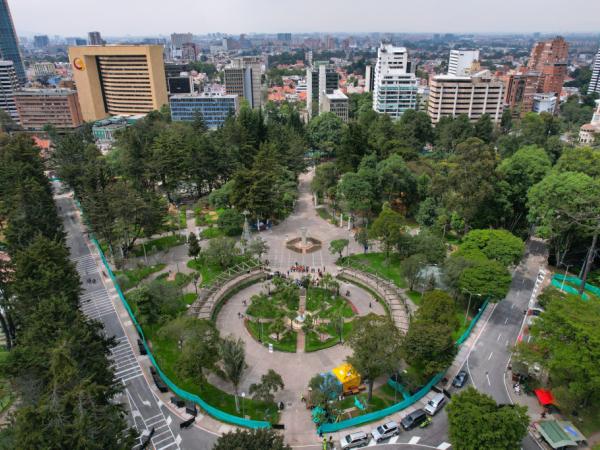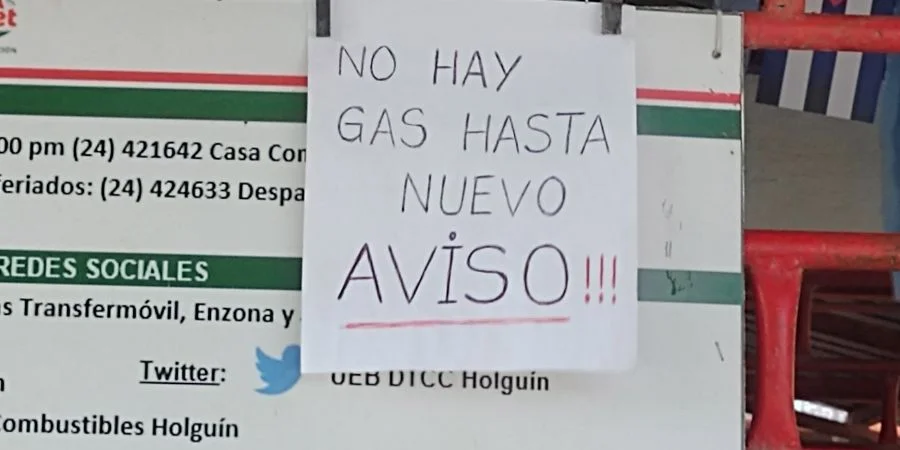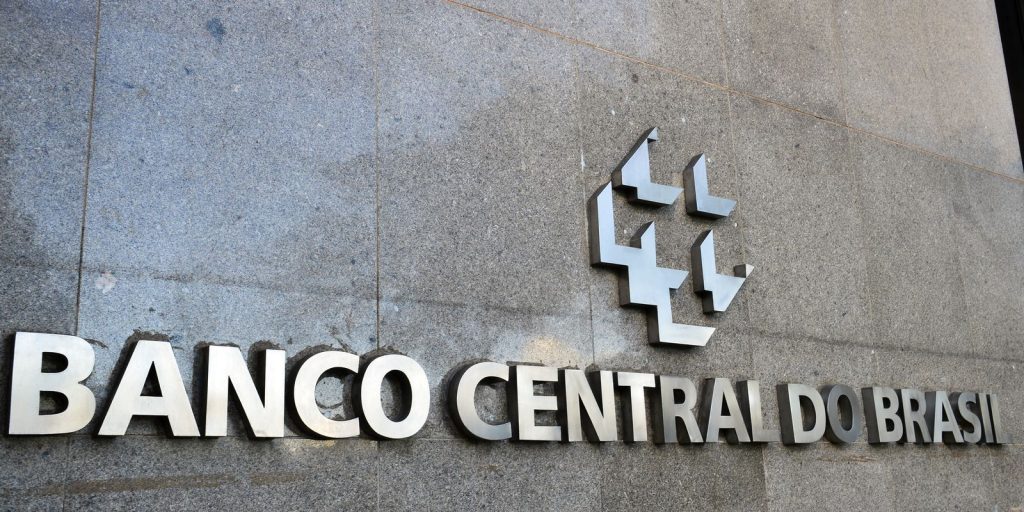In a speech that was made public this Monday, December 16, but that was recorded a few days ago from the Chuza Reservoir, President Gustavo Petro and his Minister of the Environment, Susana Muhamad, they delivered a climatic and environmental balance of the country, highlighting, above all, the situation that Bogotá is going through with water.
Amid the rationing that the country’s capital has applied due to water scarcity, Petro said that the city decided to “grow and grow, it made the land a real estate business,” and that “the very rich land of the Bogotá savanna is no longer cultivated, but is cemented.”
(See: Regenerative tourism: what is this new way of traveling in Colombia about?).
Given this, he assured that there is “a very serious problem” in Bogotá and that the solution lies “in structural changes, not just current circumstances.”
“It is not just rationing water, it is increasing water, and for that we need a policy towards the Amazon jungle and another to stop urban growth and improve the conditions of the Bogotá River, prohibiting mining, predatory actions (…) Water feeds us with agricultural products and drinking water for the entire population, do not let our children die“he explained.
He insisted that the country must take action to “take care of life”, since “Vital energy begins with water. If we lose water, we are finished“.
(See: Countries join together to promote global treaty against plastic pollution).
And he once again dedicated a few words to the congressmen, whom he accused of “defund water in Colombia, the life of the Colombian people, and that cannot be forgiven“.
From the Chuza Reservoir, the President @petrogustavoreported that a drought season is beginning in Bogotá.
“Today we have a very serious problem whose solution is not to ration water, it is to increase water. And for this we need a policy towards the Amazon rainforest and another towards… pic.twitter.com/GwyvPLRqnu
— Colombian Presidency 🇨🇴 (@infopresidencia) December 16, 2024
The environmental balance
Minister Muhamad highlighted the importance of the recent COP16 on biodiversity in Cali and COP29 on climate in Azerbaijan, and said that, since 2015, with the Paris Agreement, “We set the goal of reducing emissions by 42% by 2030, but a 2024 UN report says that we are increasing them 15% and the temperature would be between 2.6 and 3.1 degrees at the end of the century“.
“The consequences of what we are experiencing, such as the lack of water, an intense El Niño phenomenon, extreme events in large cities, increased hurricanes are due to high temperatures“he added.
(See: OECD: Latin America must increase environmental and property taxes).
He also stated that, despite these data, “there is hope” and that The climate goals for 2030 would be achieved if, in the next 5 years, financing is multiplied to mitigate greenhouse gases, to avoid using fossil fuels, and if there is a real commitment, “putting it all in.”
Likewise, he commented on some “measures that could help and that would make a difference” and which are:
– Use solar and wind energy to replace fossil fuels, without continuing to expand the latter.
– Nature restoration, since 35% of the mitigation by 2030 would be possible if work is done to recover ecosystems.
(See: The different ways in which climate change is a health threat).
“We have 23 million hectares of environmental degradation and the plan is to recover 5 million by 2030“Muhamad asserted.
PORTFOLIO
















